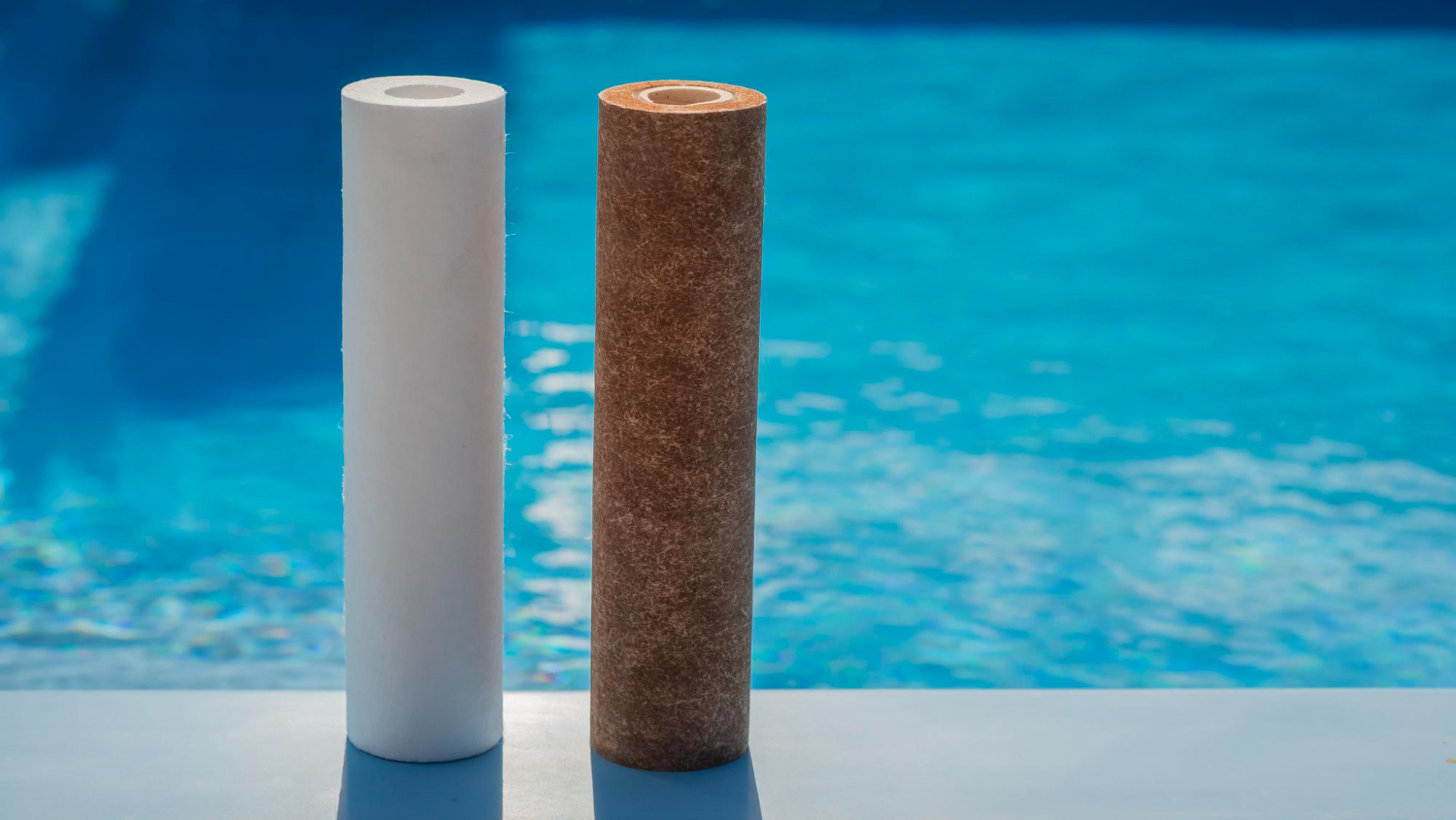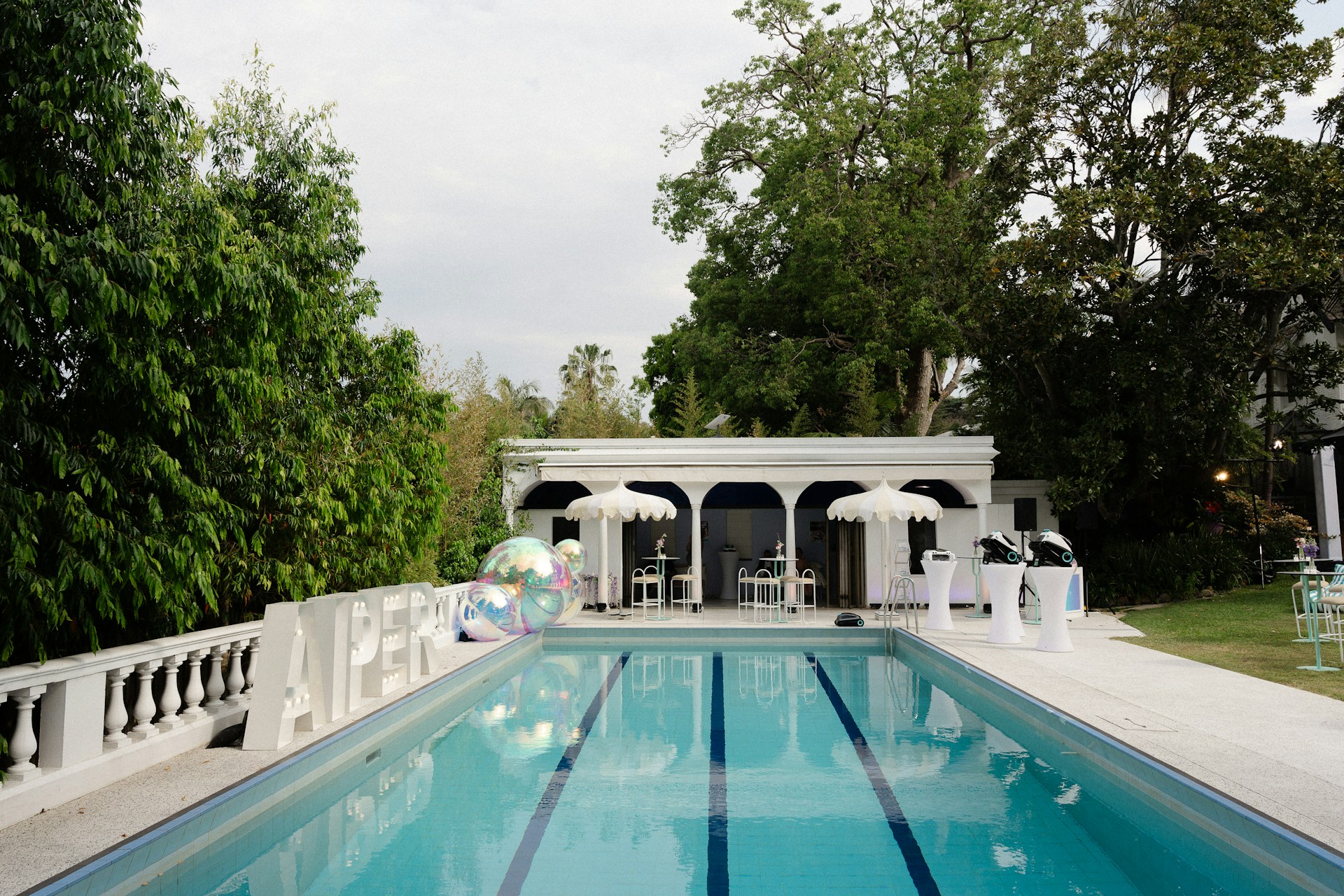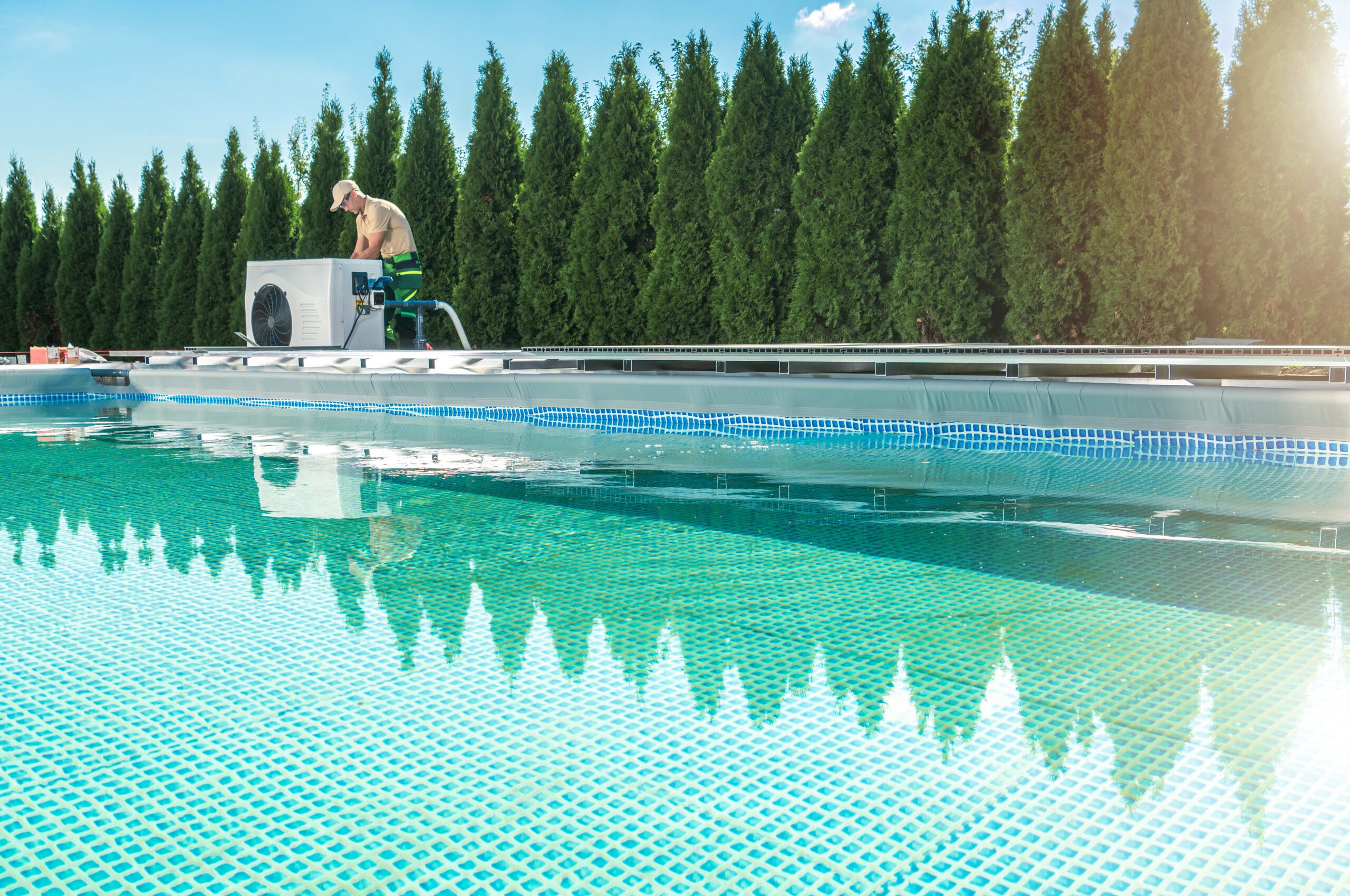When we think about keeping our swimming pools clean and inviting, the focus usually shifts towards pool chemicals and cleaning routines. However, one of the unsung heroes in maintaining pool water clarity and health is the pool filter. Understanding the crucial role of pool filters is essential for any pool owner. Filters handle contaminants and particles invisible to the eye, ensuring that your pool remains pristine and hygienic throughout the swimming season.
Choosing the right pool filter involves more than just picking the most affordable option or continuing with what was previously installed. It requires a solid understanding of the types available, their functionalities, and which one works best with your pool setup. Each type of pool filter—sand, cartridge, and diatomaceous earth (DE)—offers unique benefits and suits different maintenance levels and pool sizes. Knowing the distinctions and benefits of each filter type can dramatically enhance your pool’s water quality and reduce the need for frequent chemical adjustments.
Furthermore, maintaining your pool filter according to the manufacturer’s recommendations can extend its life and efficiency. Simple maintenance steps can prevent a host of pool water problems, saving you time and money in the long run. Our guide aims to explain these crucial aspects, empowering you to make informed decisions that keep your pool water crystal clear and healthy.
Understanding the Importance of Pool Filters in Maintaining Water Quality
Pool filters are not just another accessory for your pool; they are essential for maintaining the health and clarity of your swimming pool water. We rely on these filters to trap and remove particles, debris, and even microorganisms that could cloud your pool water or lead to potential hygiene issues. A well-maintained pool filter works continually to ensure that the water in your pool remains clean and clear, minimizing the need for chemical treatments and manual cleaning.
Moreover, the effectiveness of your pool filter directly impacts the efficiency of other pool maintenance routines. For instance, clear water requires less chlorine since there are fewer contaminants for the chlorine to react with. This does not only save on maintenance costs but also keeps the water gentle on the skin and eyes. By understanding how crucial a role the filter plays, you can appreciate why choosing the right type and maintaining it properly is vital for the best pool water quality.
Types of Pool Filters Explained: Sand, Cartridge, and DE Filters
When selecting a pool filter, it’s important to understand the key differences among the three primary types: sand, cartridge, and diatomaceous earth (DE) filters, each suited for different needs and preferences.
– Sand Filters: These filters use a specific type of pool sand to filter out debris and contaminants. As water flows through the sand, the particles are trapped between the sand grains. Sand filters are known for their durability and ease of maintenance, typically requiring a backwash to clean the filter, which involves reversing the water flow to flush out the trapped debris.
– Cartridge Filters: Cartridge filters use a fine porous material to screen out debris. They are capable of capturing smaller particles than sand filters and are easier to maintain. Cleaning them usually entails removing the cartridge and washing it off with a hose. Due to their efficiency, cartridge filters are becoming a popular choice among pool owners.
– Diatomaceous Earth (DE) Filters: DE filters offer the highest level of filtration, trapping even the smallest of contaminants with a natural substance called diatomaceous earth. This type of filter captures particles as small as 5 microns. Although DE filters provide superior filtration, they also require more maintenance, including more frequent backwashes and replacement of the DE medium.
In our next sections, we will guide you through choosing the right filter for your pool and provide maintenance tips to help you get the most out of whichever filter type you choose.
How to Choose the Right Pool Filter for Your Swimming Pool
Choosing the right pool filter is vital in maintaining a pristine and healthy swimming environment. Each pool has specific needs, based on its size, the amount of use it gets, and the environment around it. When selecting a pool filter, some key considerations include the filter’s capacity, maintenance demands, cost-effectiveness, and compatibility with your existing pool setup.
For smaller pools, cartridge filters might be sufficient. They are affordable, easy to maintain, and good at filtering small particles. For larger pools that experience more frequent usage, sand filters or DE filters may be more appropriate. These systems handle higher volumes of water more efficiently and can filter out even smaller microns of debris, ensuring crystal-clear water. The right choice will balance your needs with the ongoing workload of maintaining the pool. Before making a purchase, evaluate your pool’s specific requirements and consider the long-term maintenance and operational costs associated with each type of filter.
Maintenance Tips for Different Types of Pool Filters
Maintaining your pool filter is crucial for keeping your pool water clean and extending the lifespan of your filtration system. For each type of filter, the maintenance processes differ slightly, reflecting their distinct mechanisms and filtration qualities.
– Sand Filters: Clean these by backwashing, which reverses the water flow and flushes out trapped dirt. It’s recommended to backwash sand filters roughly every few weeks during the swimming season or when the pressure gauge indicates a high pressure.
– Cartridge Filters: These require regular cleaning and cartridge replacements when worn out. Remove the cartridge and wash it with a hose to remove debris. Depending on pool usage, cleaning might be necessary every few weeks, with a replacement every few years.
– DE Filters: Like sand filters, backwashing is used; however, after backwashing, new diatomaceous earth must be added. Inspect your DE filter regularly to ensure it operates at peak performance and replace the DE powder after each backwashing session.
How We Can Help
Maintaining your swimming pool can seem like a daunting task, but with the right tools and knowledge, it can be straightforward and rewarding. Understanding the role of pool filters and knowing how to maintain them helps ensure your pool remains a clean, enjoyable haven year-round.
At Cincinnati Pool & Patio, we provide everything you need to keep your pool in top shape. From different types of filters to maintenance supplies, our expert team can guide you through the selection process and provide ongoing support to ensure your pool is always ready for a dip. Whether you’re unsure which filter is right for your pool or need tips on regular maintenance, we’re here to help.
Are you ready to enhance your pool experience? Visit Cincinnati Pool & Patio for expert advice and all the pool supplies in Cincinnati you’ll need to keep your pool water crystal clear. Let us help you enjoy your pool to the fullest with minimal hassle and maximum enjoyment.




